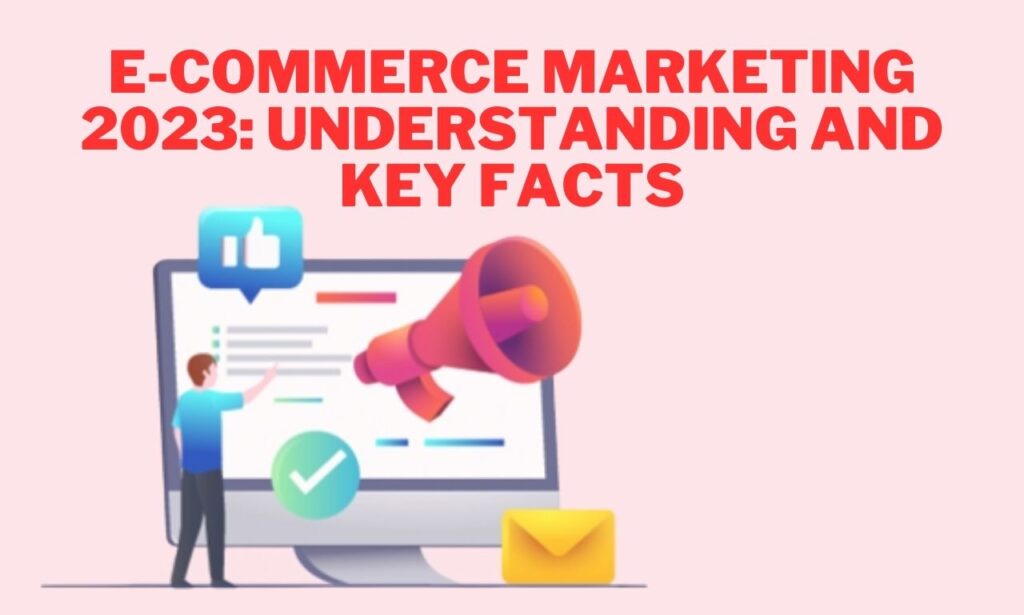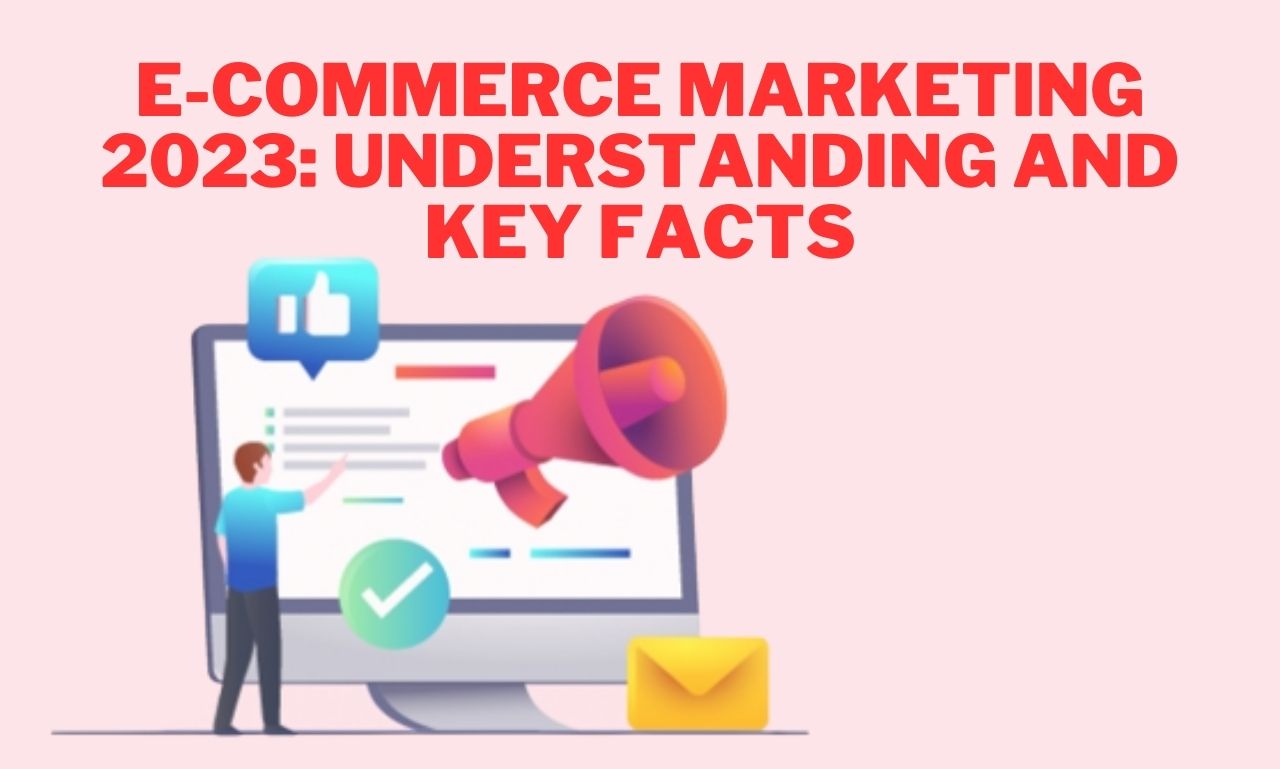In the digital age, e-commerce has revolutionized the way businesses operate, enabling them to reach a global audience and conduct transactions online. E-commerce marketing plays a vital role in driving traffic, increasing conversions, and maximizing revenue for online businesses. In this article, we will explore the concept of e-commerce marketing and highlight key facts that are essential for success in this dynamic field.

What is E-Commerce Marketing?
E-commerce marketing refers to the strategies and techniques used to promote products or services through online channels, attract customers, and drive sales on e-commerce platforms. It involves a combination of traditional marketing principles and digital marketing tactics tailored specifically for the online retail environment.
Key Facts about E-Commerce Marketing
1. SEO and Content Marketing are Crucial
Search Engine Optimization (SEO) and content marketing are fundamental aspects of e-commerce marketing. Optimizing your website and product pages for search engines helps improve organic visibility and attract relevant traffic. By conducting keyword research, creating high-quality content, and optimizing on-page elements, you can enhance your search engine rankings and increase your chances of reaching potential customers.
2. Social Media Plays a Significant Role
Social media platforms have become powerful tools for e-commerce marketing. Building a strong social media presence allows you to engage with your target audience, share product information, and drive traffic to your website. By developing a comprehensive social media strategy, utilizing paid advertising options, and leveraging influencer partnerships, you can expand your reach and generate leads and sales.
3. Mobile Optimization is Essential
With the increasing use of smartphones, mobile optimization is crucial for e-commerce success. Your website and online store should be responsive and provide a seamless user experience across various devices. Mobile-friendly designs, fast loading times, and intuitive navigation are key factors in enhancing user satisfaction and driving conversions.
4. Personalization Enhances Customer Experience
Personalization is a powerful strategy in e-commerce marketing. By collecting and analyzing customer data, you can deliver tailored experiences, such as personalized product recommendations, targeted email marketing campaigns, and customized offers. Personalization fosters a deeper connection with your customers, increases engagement, and boosts customer loyalty.
5. User-Generated Content Builds Trust
In the e-commerce landscape, building trust is essential for driving conversions. User-generated content, such as customer reviews, testimonials, and social media mentions, can significantly impact purchasing decisions. Encourage customers to leave reviews, share their experiences on social media, and provide feedback. Highlight positive reviews and engage with customers to demonstrate your brand’s authenticity and credibility.
6. Email Marketing is a Powerful Tool
Email marketing remains a valuable strategy in e-commerce marketing. Building an email list allows you to directly communicate with your customers, nurture leads, and drive repeat purchases. Implement targeted email campaigns, such as abandoned cart reminders, personalized recommendations, and exclusive offers, to keep your audience engaged and boost sales.
7. Data Analytics Drive Insights and Optimization
Data analytics is essential for understanding customer behavior, tracking campaign performance, and making data-driven decisions. Utilize analytics tools to monitor key metrics, such as website traffic, conversion rates, and customer demographics. Analyzing data helps identify trends, optimize marketing campaigns, and improve overall e-commerce performance.
8. Continuous Optimization is Key
E-commerce marketing is an ongoing process that requires continuous optimization. Test and experiment with different strategies, track results, and make data-backed adjustments. Stay up-to-date with industry trends, emerging technologies, and changes in consumer behavior to adapt your marketing efforts and stay ahead of the competition.
In conclusion, e-commerce marketing is a dynamic and evolving field that requires a multi-faceted approach. By leveraging SEO, content marketing, social media, personalization, user-generated content, email marketing, data analytics, and continuous optimization, businesses can effectively promote their products or services, attract customers, and drive sales in the online marketplace.
Share If It’s Help – Comment If You Have Any Issue!
Your May Also Like This:-
How to Earn Money from Blogging 2023: A Step-by-Step Guide
